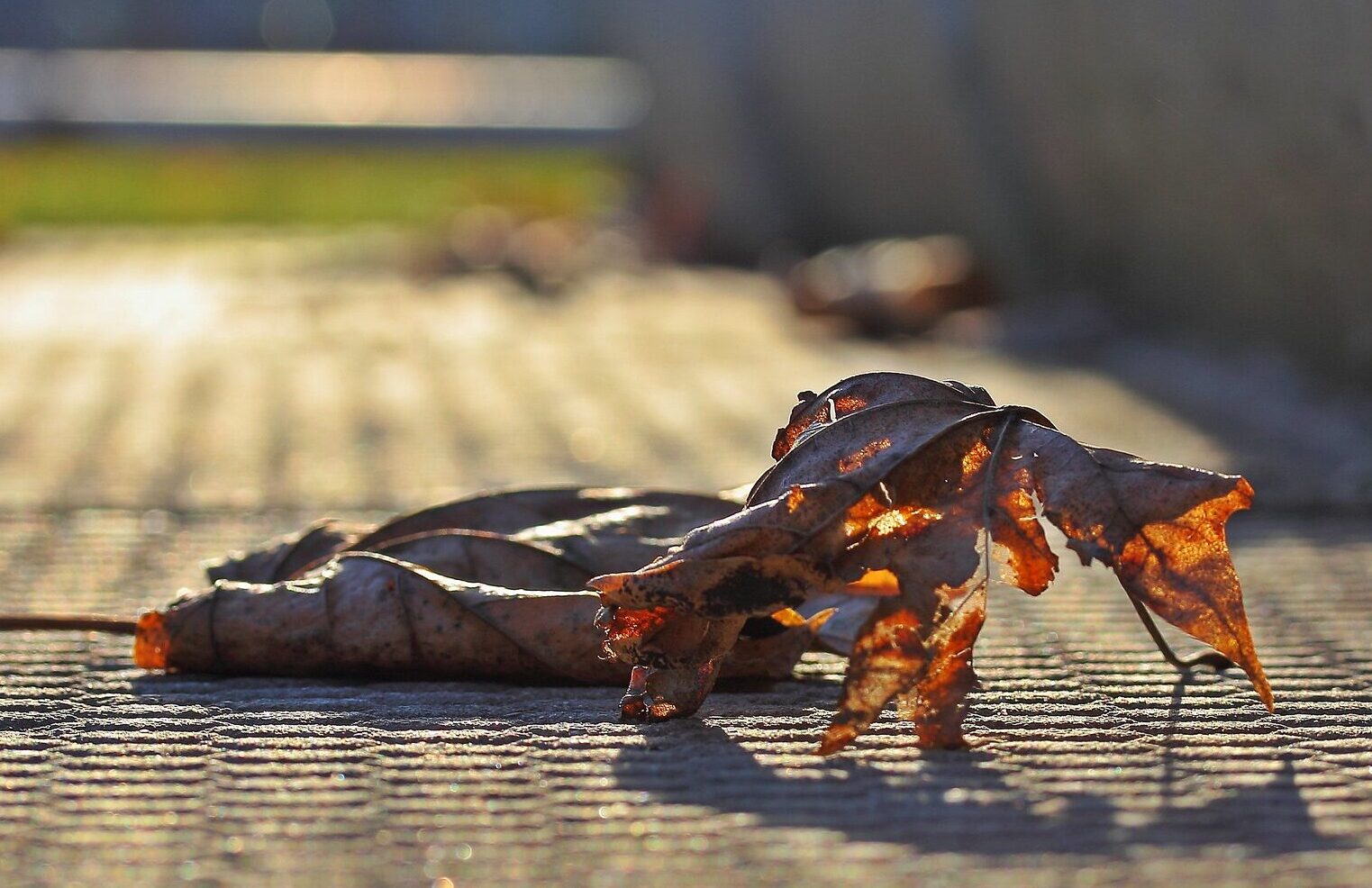Three great stories we found on the internet this week.
No vacancy
Since the pandemic reshaped the way many of us work, office buildings in cities across the country have stood empty. Meanwhile, the US faces a shortage of affordable housing. So why not use the former to fix the latter? That’s the goal of a series of initiatives just launched by the Biden administration, which will put billions of dollars behind such efforts.
Office buildings tend to be in downtown areas that revolve around transportation hubs. To make the most of that, these new initiatives include measures that will prioritize housing units with easy access to public transit.
Many cities are already offering tax incentives to urge developers to convert vacant offices into housing. The federal effort aims to “really supercharge” those changes, as Deputy HUD Secretary Adrianne Todman put it.
Quiet time
The sound of leaf blowers: this time of year, it’s as ubiquitous as pumpkin spice. But across the US, restrictions are going into effect to quiet their roar. Gas-powered blowers have recently been banned in Washington, D.C.; Miami Beach, Florida; and Evanston, Illinois, with other cities, including Seattle and Portland, soon to follow.
Not only are the machines noisy, but they pollute the air, too. A recent report found lawn equipment emitted 30 million tons of carbon dioxide in 2020, more than the whole city of Los Angeles.

Electric blowers can do the same job as gas ones, without the emissions — albeit more slowly, as their batteries need to be swapped out regularly. Or, as Jamie Banks, co-founder the nonprofit Quiet Communities pointed out, we can just do a little less maintenance and “live with leaves on the ground.”
Greener pastures
Golf courses may be green in appearance, but they’re not exactly green, environmentally speaking. It takes lots of water to quench all that turf — turf spanning land that’s been cleared of its natural inhabitants. As more and more golf courses close in the US, conservation nonprofits and local governments are seeking to rewild them and boost biodiversity.
Crushed by negative news?
Sign up for the Reasons to be Cheerful newsletter.Doing so is a multi-step affair, which includes returning rivers and streams to their natural routes and removing turf and non-native trees in order to plant native species. But it’s a “multiple win,” according to Guillermo Rodriguez, California state director of The Trust for Public Land, which is restoring three courses. “You increase public access by taking former private golf courses [and] turning them into public properties,” Guillermo explained, and return “water back into rivers and streams and create a better habitat for the endangered species that we have in California.”
Meanwhile, javelinas — pig-like creatures that live in the Sonoran Desert — have been digging up an Arizona golf course in a little rewilding effort of their own.







